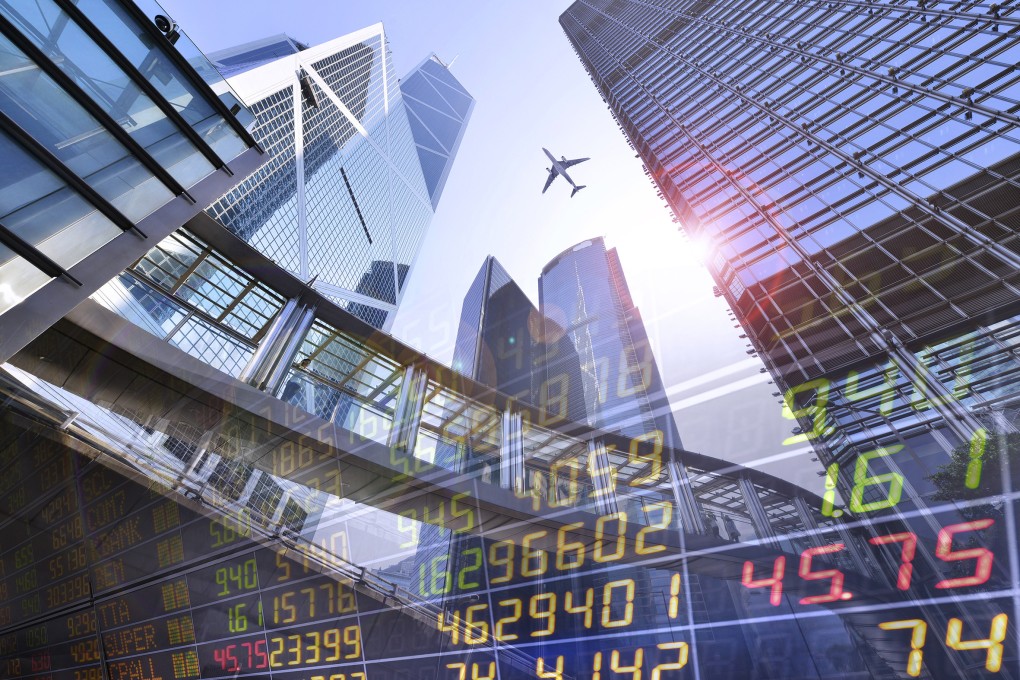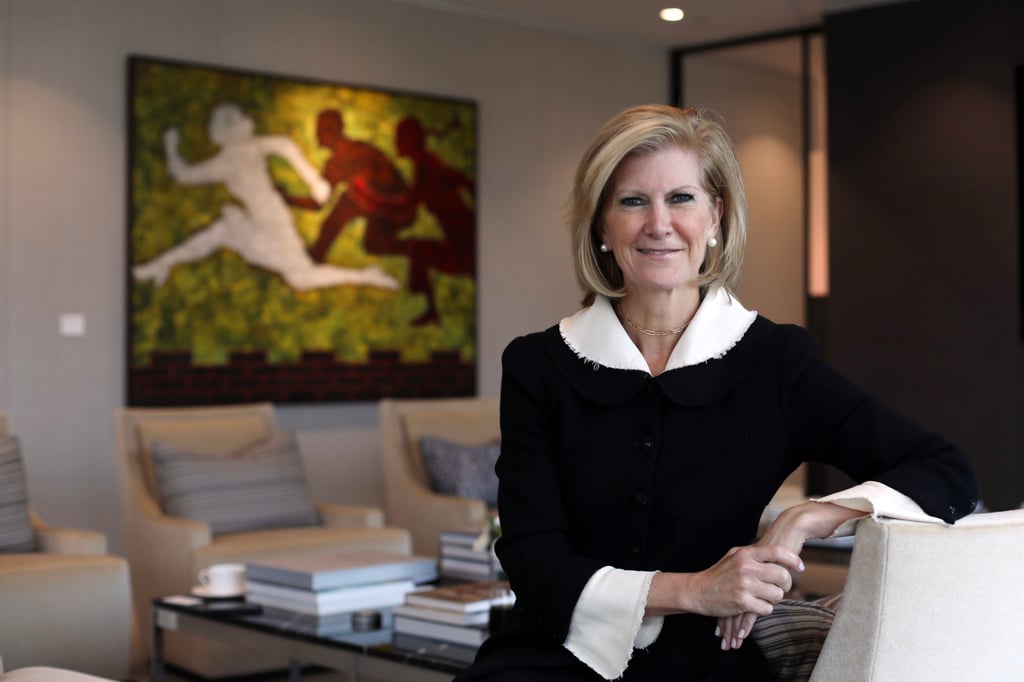Exclusive | JPMorgan’s wealth chief Erdoes backs China markets after stock rout as best opportunity to emerge when doubters flee
- JPMorgan’s asset and wealth management CEO says markets offer better entry point than three months ago
- ‘Even if you don’t want to invest in China, it affects every other company that you are investing in’, she says in interview

When investors face uncertainty, they need to have the patience and expertise to understand how China works, said Mary Callahan Erdoes, chief executive of the US bank’s asset and wealth management unit, which oversees US$3.8 trillion of client assets. While it was natural to de-risk, the best time to invest is when people are in doubt, she added.
“With the macro backdrop and the geopolitical issues around the world, lots of opportunities will present themselves,” Erdoes said in an interview with the Post.
“If their portfolio calls for a global allocation, and they haven’t had exposure to certain areas of the world, like Asia, like China especially, this is a much better entry point to begin to phase in than it was three days or three months ago.”

President Xi Jinping cemented his power with an unprecedented third term after the party Congress, stoking concerns he will persist with an unpopular zero-Covid policy and heighten competition on technology and trade fronts.